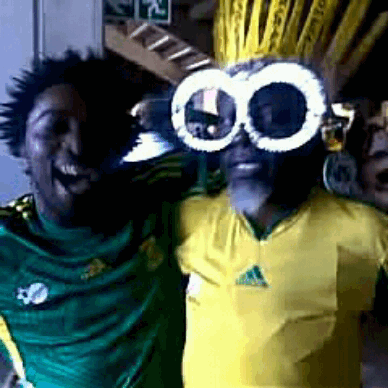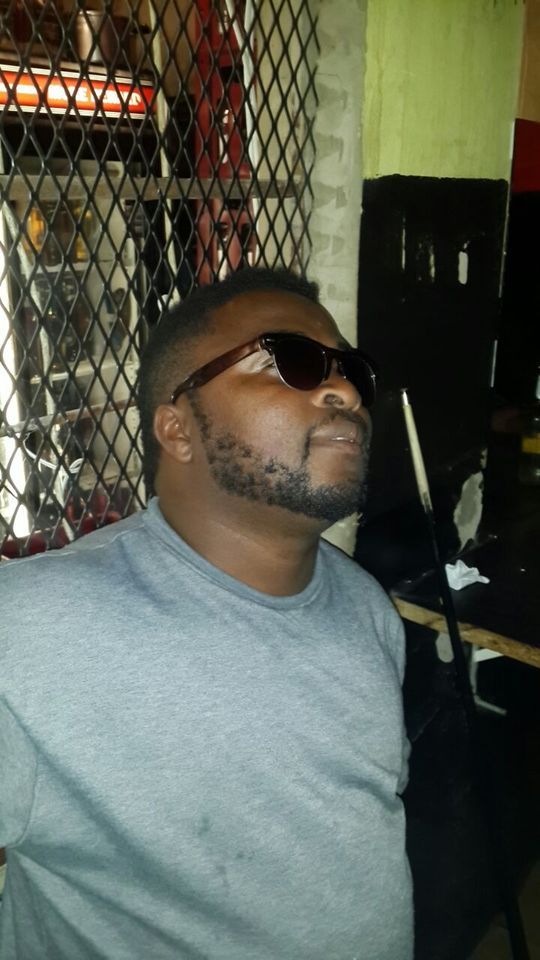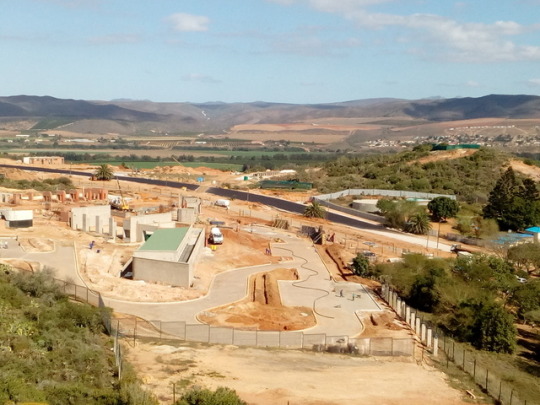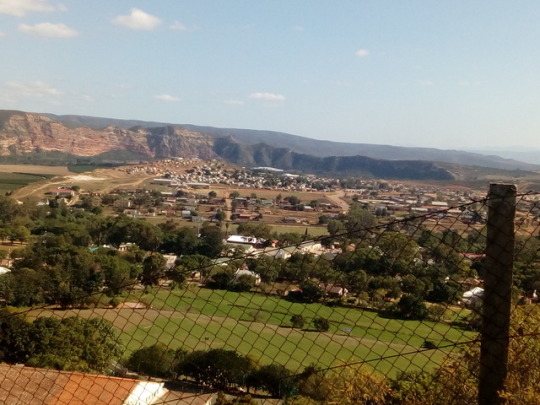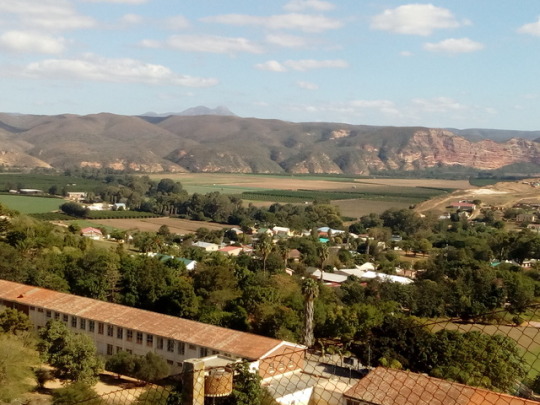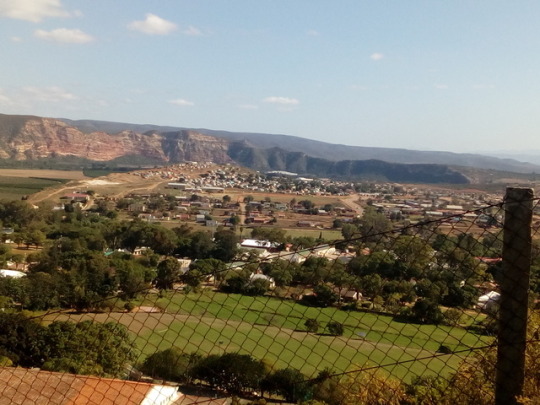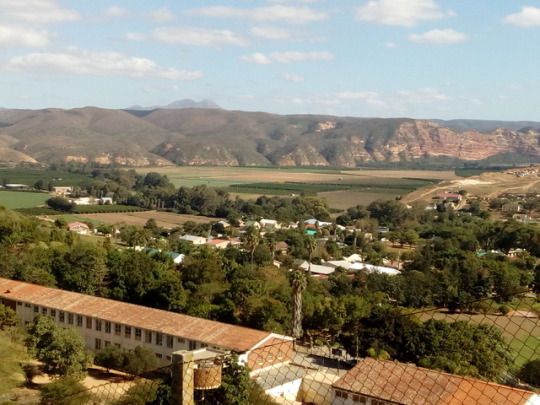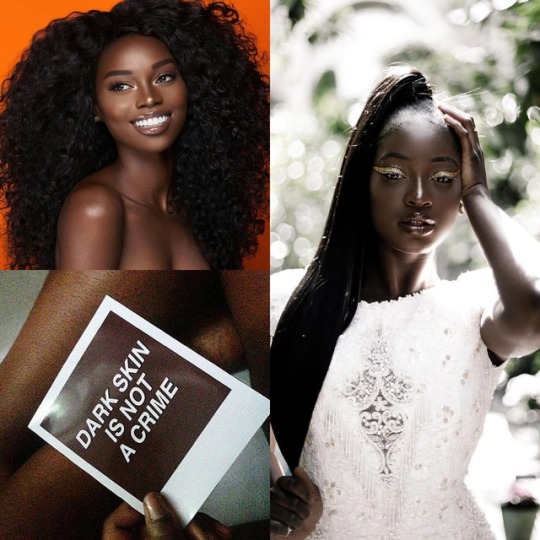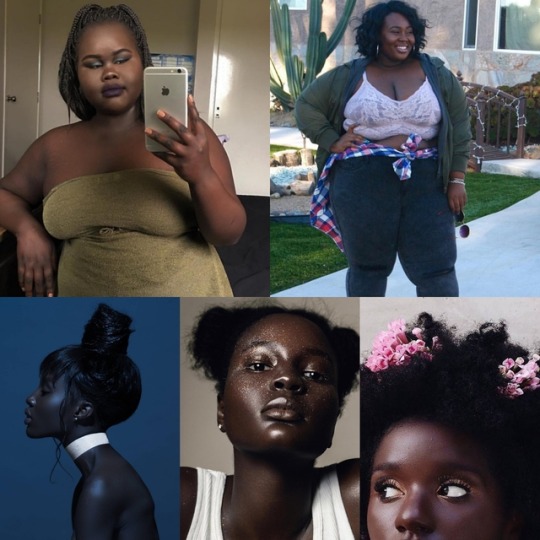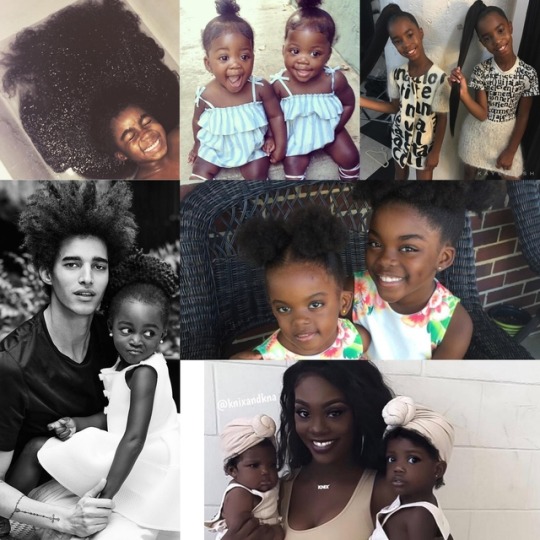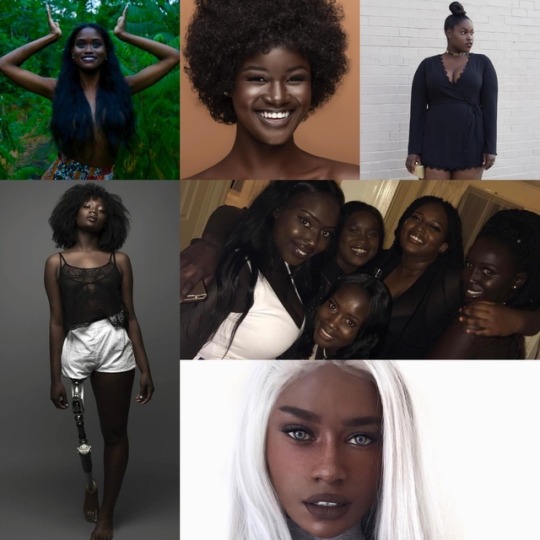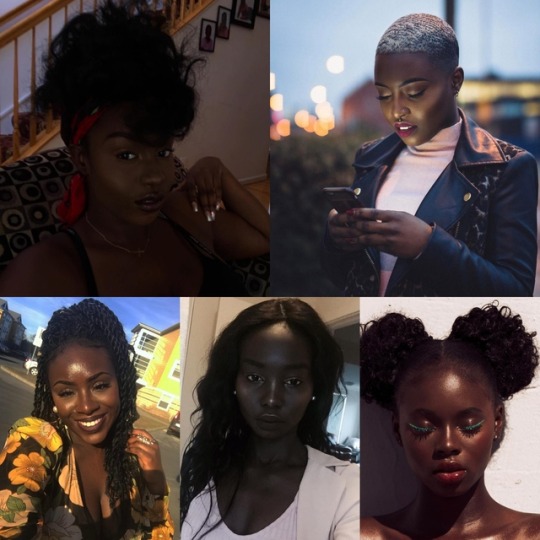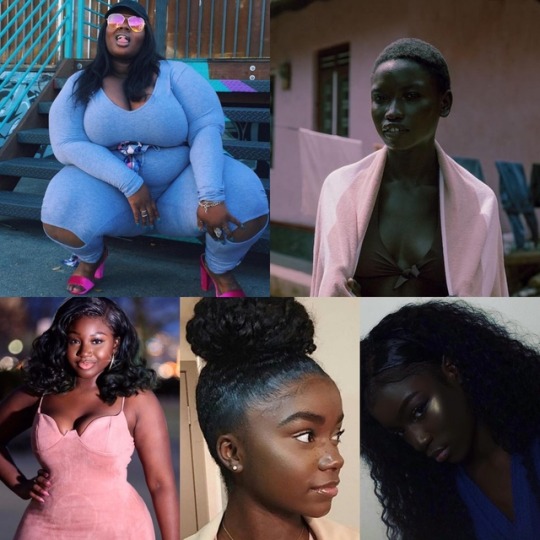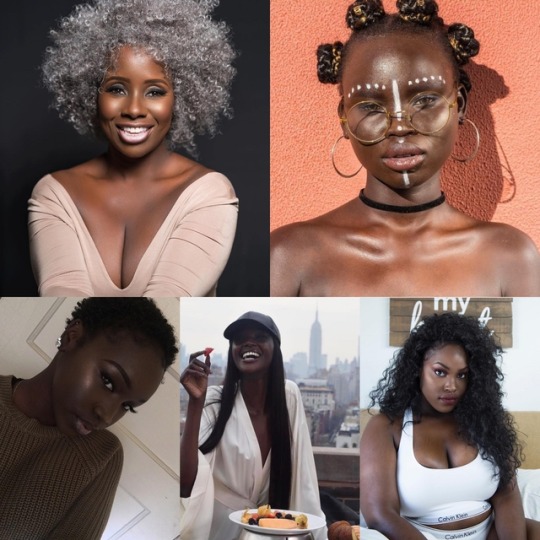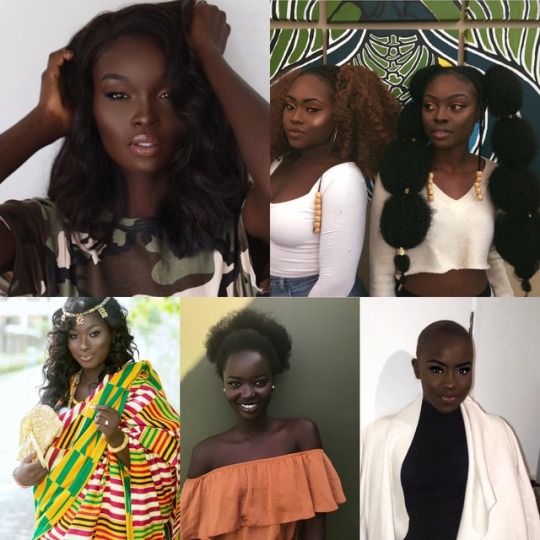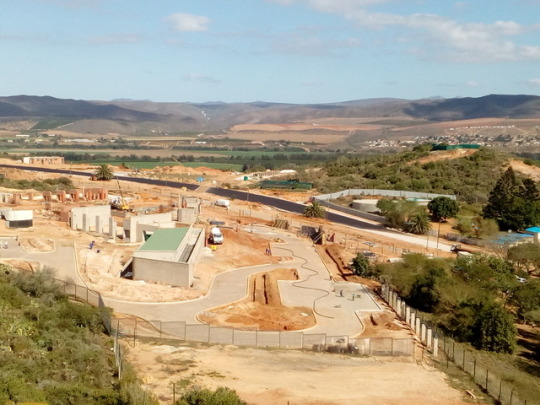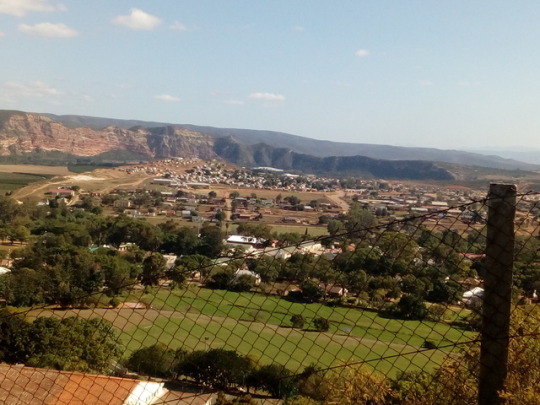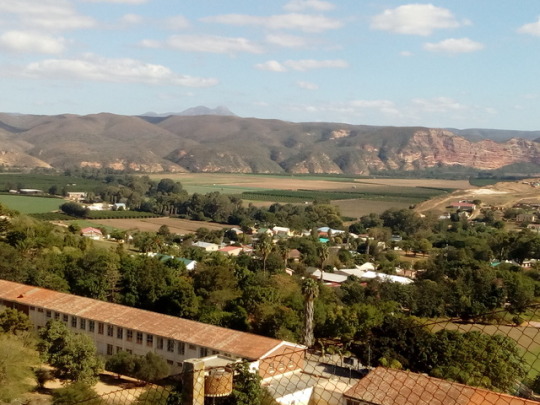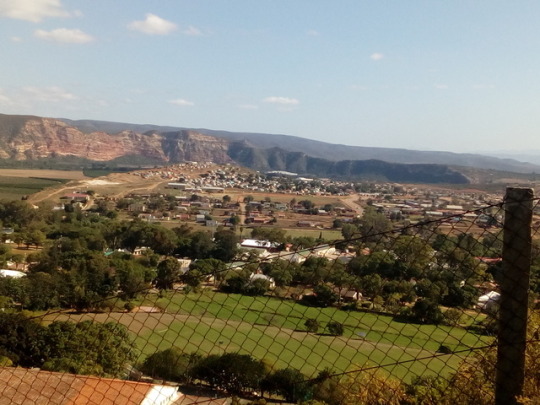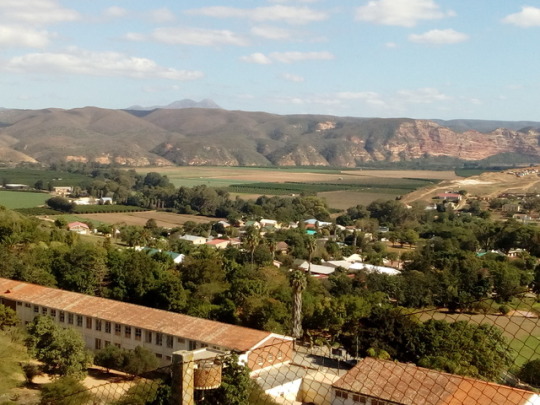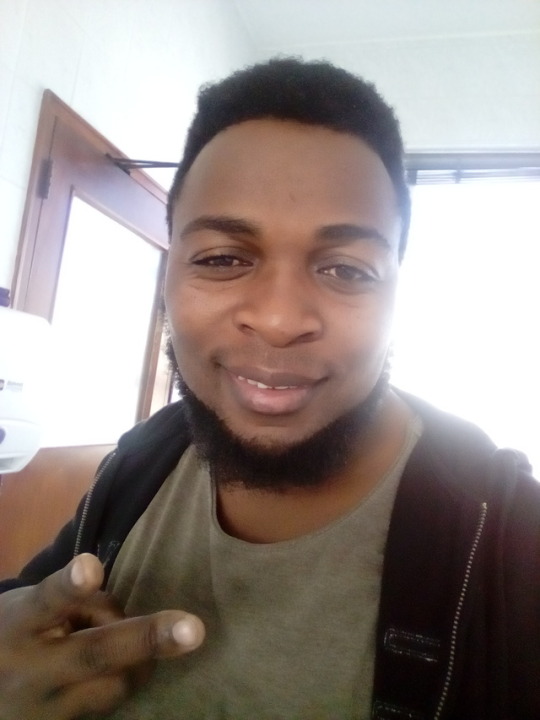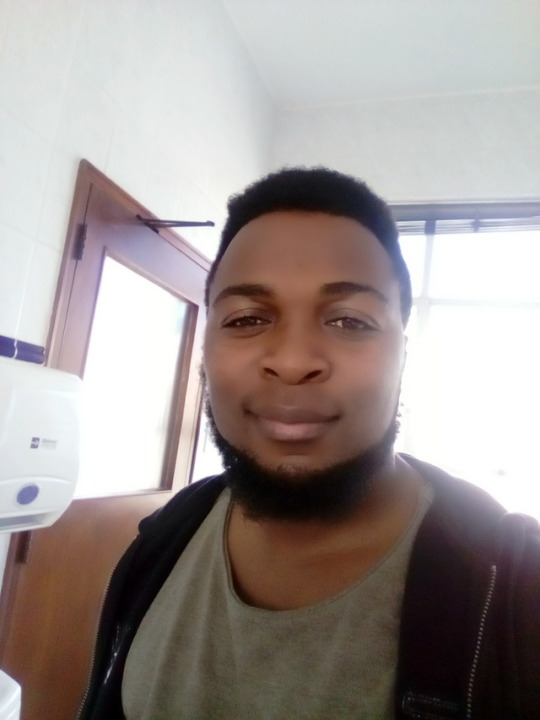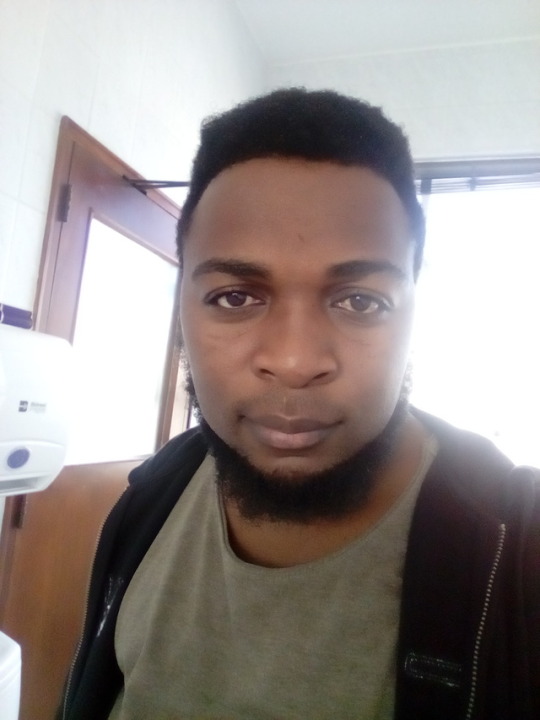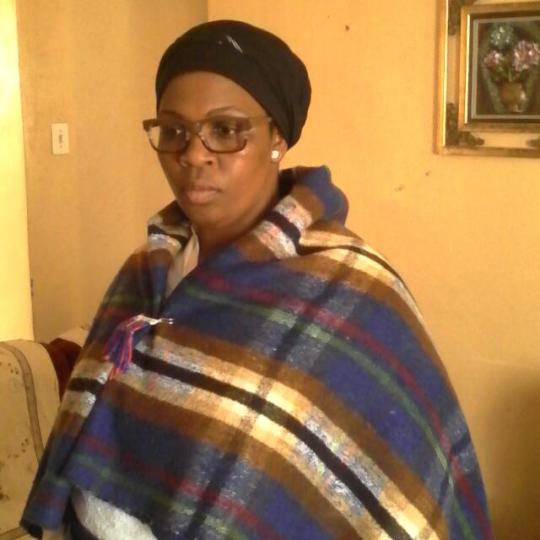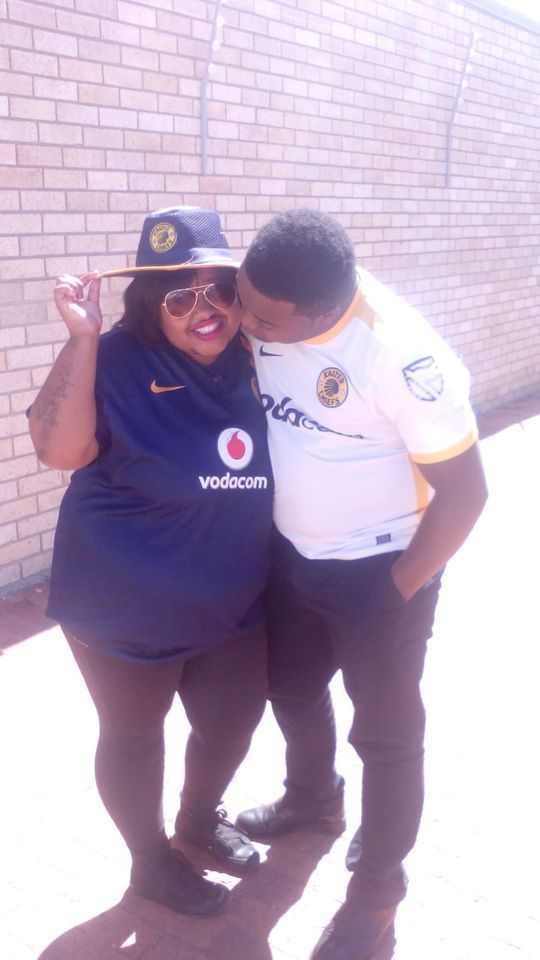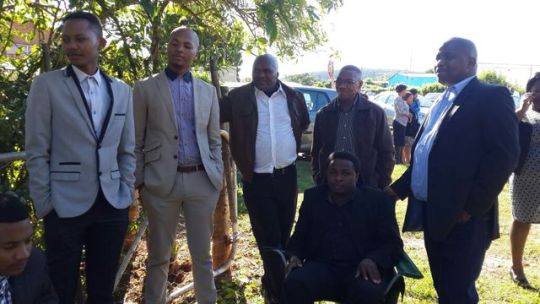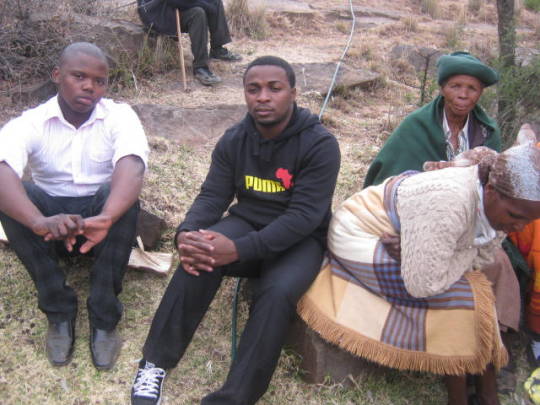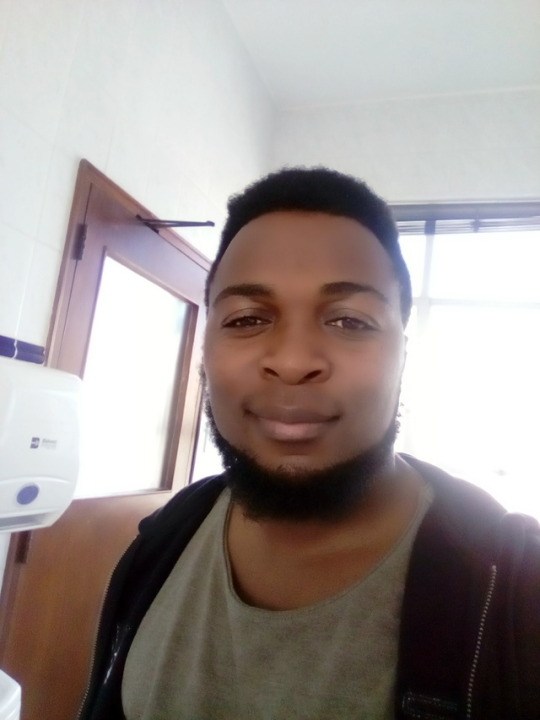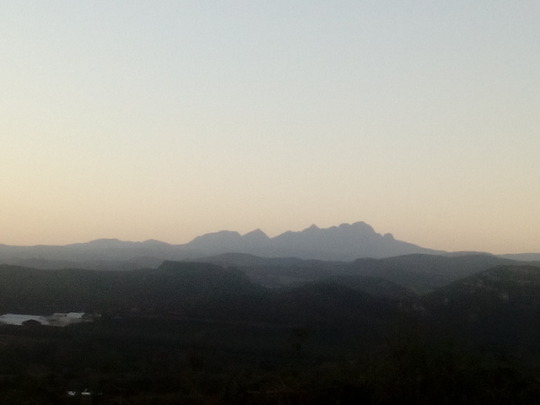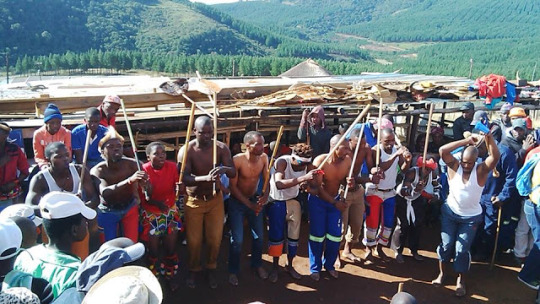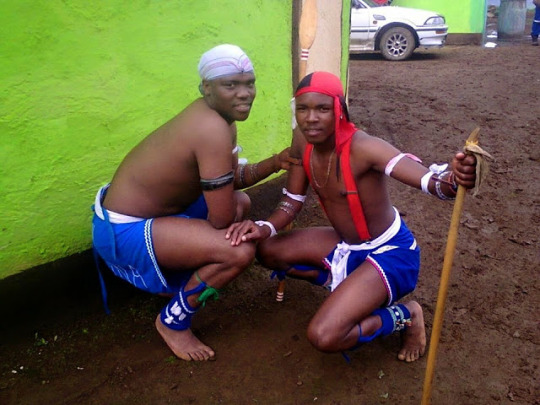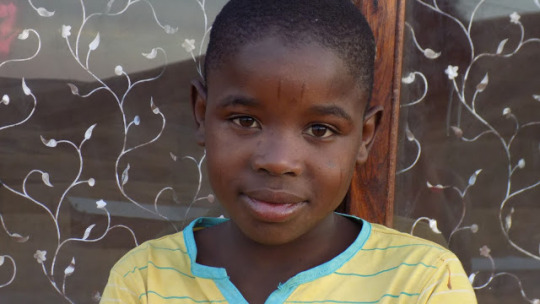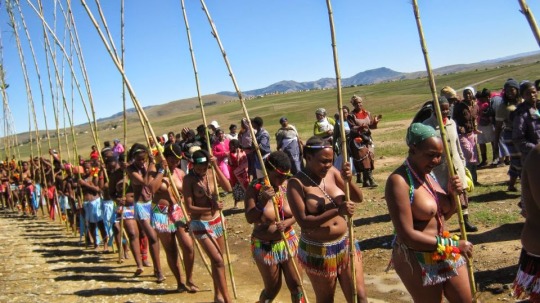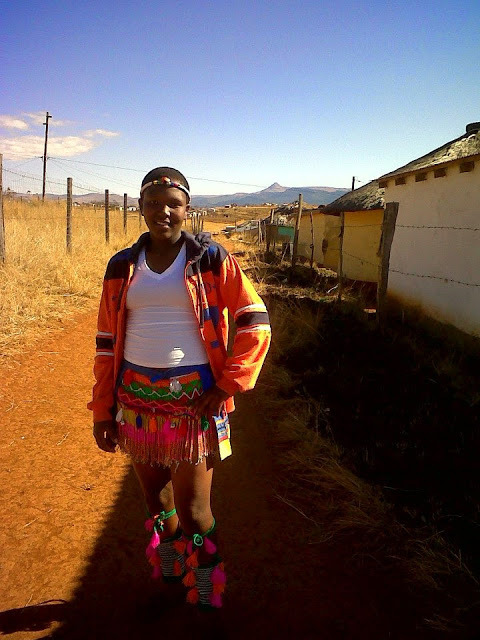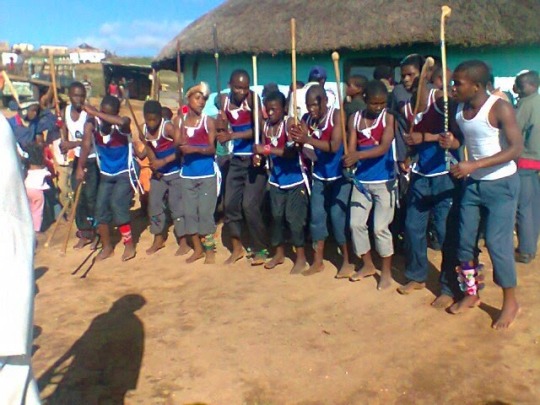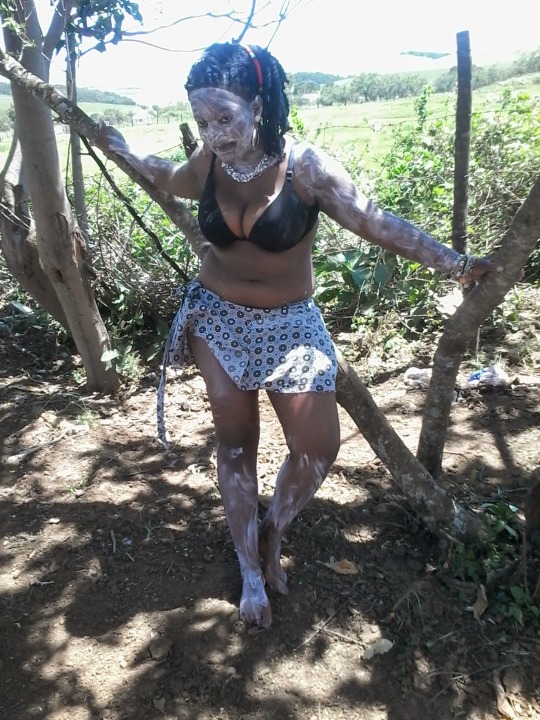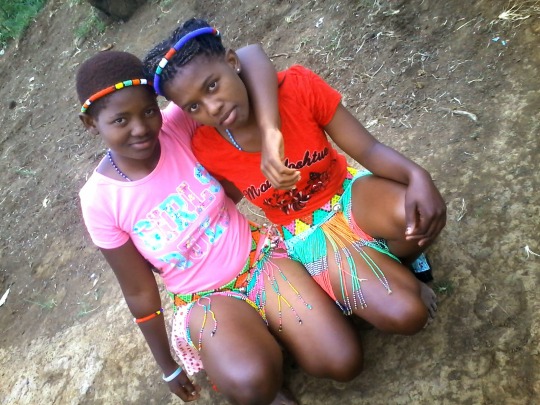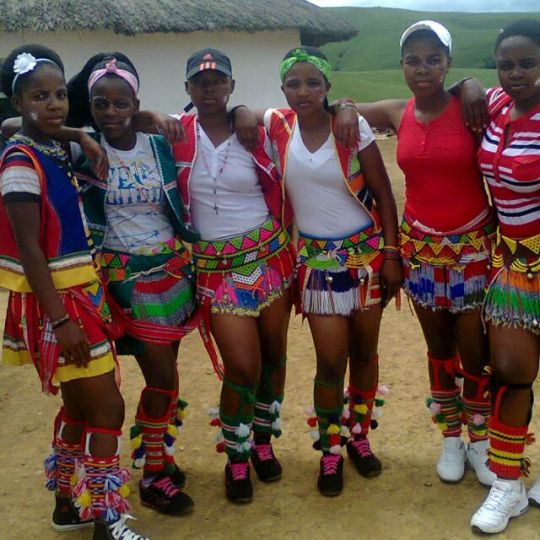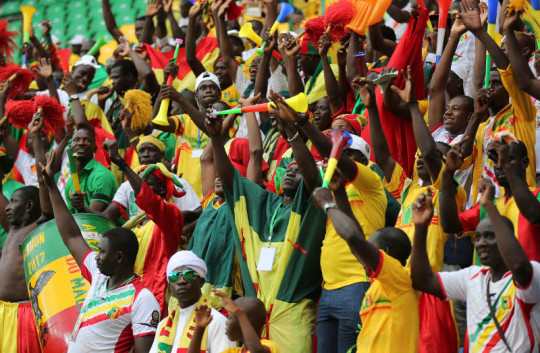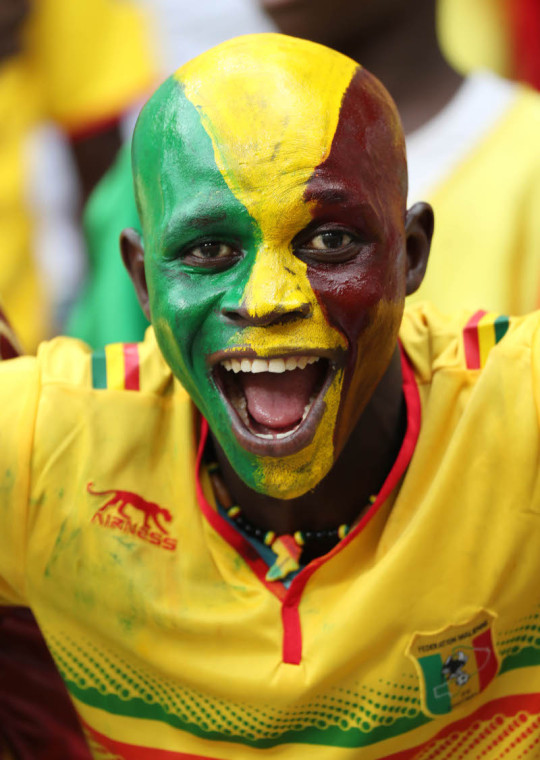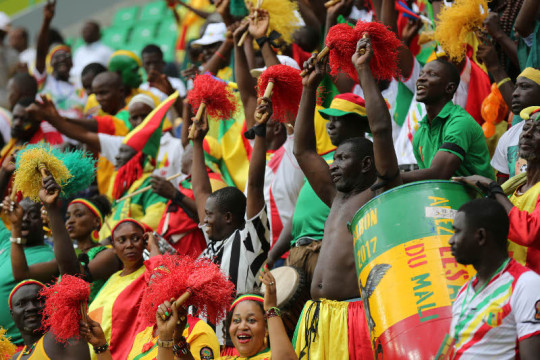Video
54K notes
·
View notes
Photo
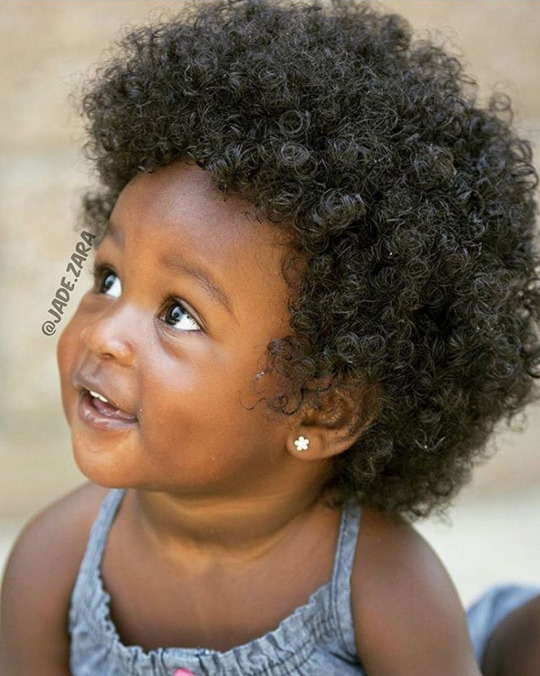
Reblog if you support teaching black girls that their natural hair is beautiful.
6K notes
·
View notes
Photo
We may be Oceans apart but we are one. Your pain is our pain and your struggle is our struggle #BlackLivesMatter #

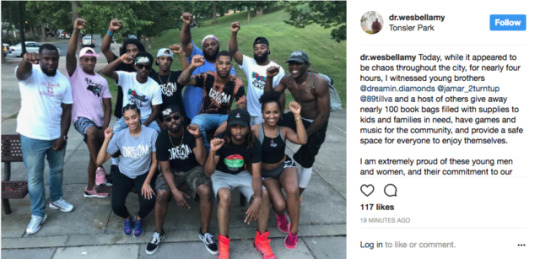
@dr.wesbellamy (vice-mayor of Charlottesville): Today, while it appeared to be chaos throughout the city, for nearly four hours, I witnessed young brothers @dreamin.diamonds @jamar_2turntup @89tillva and a host of others give away nearly 100 book bags filled with supplies to kids and families in need, have games and music for the community, and provide a safe space for everyone to enjoy themselves.
I am extremely proud of these young men and women, and their commitment to our community. Thanks for being a beacon of light today. Much love and respect. #NewCville #CvilleCares #UnitedWeStandDividedWeFall
Fuck a white supremacist. Thank god for these beautiful Black heroes. 😍
54K notes
·
View notes
Link
0 notes
Link
Multiple outlets are reporting that Russia has delivered a message to the Israel government on behalf of Syria’s Assad regime stating that any more Israel Air Force strikes into Syrian territory will be answered with a barrage of Scud missiles. In particular, it describes what will be targeted and why. If a Israel air strike hits civilian infrastructure, Syria will launch missiles aimed at Israel’s port in Haifa as well as its nearby petrochemical plant. If strikes hit Syrian military-related targets, the Scud missiles will be targeted at Israel Defense Force bases.
The message brings a whole new level of potential escalation to what have been brewing tensions between Damascus and Jerusalem. It started on March 17thwhen Israeli warplanes were fired upon by Syrian surface-to-air missile sites after executing an air strike in southern Syria. The IAF had made dozens of similar bombing runs over the last five years, focused on taking out weapons shipments destined for Iranian-backed Hezbollah fighters in Lebanon. The Syrian SAMs missed their targets but one was intercepted by an Israel Arrow anti-ballistic missile system battery—a system that is designed to take out ballistic missiles like the Scud, not a Soviet-era SA-5 SAM.
A few days later, after the Assad regime made it clear that any IAF jets that make forays into Syrian airspace will be engaged, the head of the Israel’s Ministry of Defense made it clear that the IAF would “destroy Syria’s air defenses without thinking twice” if their jets were fired upon. Meanwhile, Russia summoned Israel’s ambassador, which sent rumors flying that Moscow had told Israel that it will no longer allow the strikes in Syrian territory to occur—a move that has been hinted at for many months.
3 notes
·
View notes
Text
In Praise of Colonialism 2017
Western Cape Premier Helen Zille has sparked anger on social media by saying that colonialism wasn’t all bad. “For those claiming legacy of colonialism was ONLY negative‚ think of our independent judiciary‚ transport infrastructure‚ piped water etc‚” Zille said on Twitter on Thursday. Helen Zille apologises for saying colonialism wasn’t all bad But one of her party members‚ Mbali Ntuli‚ who has on several occasions called her out on her opinions and tweets‚ disagreed with her. “It was ONLY negative!! Colonialism=development argument is trash as those subjugated can attest to (sic)‚” replied Ntuli. Ntuli is former DA youth leader and she is currently an MPL at the KwaZulu-Natal legislature. “It’s like saying Nazism was good for German democracy and their advancements in technology‚” added Ntuli. But Zille‚ replying to another twitter user‚ @GrahamDowns‚ said: “I do not know what positive Hitler produced. He stoked up nationalism and authoritarianism and genocide‚ and destruction.” @Lazola_Ndamase‚ said: “The judicial system is colonial hence it sends blacks to jail & leaves land thieves & apartheid murderers untouched.” @NomalangaSA also responded: “Im sure next youll tell Jews to look at the positive side of Nazi Germany... we cant trust you ma'm (sic).” @Kobbibrwn‚ was not as polite‚ saying “thats f*ck*d up helen. whats good infrastructure gon do for me when im oppressed (sic).” But Zille hit back: “Do you think life would be better without infrastructure?” helen zille: "ayy man, colonialism may have killed a bunch of you black folk but at least we brought you buildings & stuff, wasn't all bad." https://t.co/dNWgasD2qy
0 notes
Text
Dear Belgium, we hate you very, very much. With humbled grief: the whole of Africa
Written by Noluvuyo Mjoli
Belgium has been found guilty of engineering colonialism in Congo, creating tension and hatred among the Congolese nation building during and after decolonization. Furthermore, Belgium is historically and presently guilty of architecting, building, and sustaining this totality of oppression and deprivation. Most importantly, the Belgians have been found guilty for the assassination of the first and only democratic Prime Minister of Congo: Patrice Lumumba who was brutality murdered on 17 January 1961.
Now that they have been found guilty, have they been charged? What was the penalty? How can there be reconciliation without restitution? How can there be forgiveness without rectification and owning up to ones wrongs? Have the Belgian government truly asked for forgiveness to the Congolese because they are remorseful or did they warrant forgiveness to hush down angry sponsors and citizens after the revelations of some shocking truths from various forms of media and scholars which was threatening Belgium’s reputation with foreign ties.
Time will never heal our trauma as Africans. There have been many, many, many injustices done to our people and yet all have been unpunished. There have been several truth commissions established for only a specific given time that aim to uncover truths about serious crimes that were once committed to particular individuals. But really all that these commissions do is to get people emotional and then leave their injustices as they are. This is so because the perpetrators usually apologise and then get away with their crimes. If you are not convinced by my words, then I ask you to refer to the South African post-apartheid context, then you will see what I mean.
WE WILL NEVER FORGET! WE SHALL NEVER FORGET about what Europe has done to Africa! No matter which truth commission the United Nations along with the Western powers may conduct but they will never heal our grief. The black wound will never be healed about how they killed one of Africa’s forefathers; Patrice Lumumba. Till today, he remains unburied. His body is nowhere to be found because the ‘all knowing’ burned it, in attempts to destroy evidence for their gruesome crime.
Patrice Lumumba was detained, tortured, shot and then dissolved into acid by the Belgian government in unison with the Central Intelligence Agency (CIA) with the help of Seseko Mobutu, the sell-out. He was ‘eliminated’ just after two months in office when Congo got its independence from Belgium the very same Belgium that persisted in interfering with Congo’s affairs even when they claimed they had let it go.
It was only in the year 2000 that the actual truth and nature of Lumumba’s death was revealed to the public. This is so because for forty whole years everyone has come to know that Lumumba was killed by his own people of the village. The myth they sold the people said that he was killed by an angry mobstar that found him in the bush after his escape from prison, the same prison that Mobutu his accomplice and great friend had put him in, by the orders of the Belgian fuckers only because he was a great threat to their conniving.
Ludo De Witte‘s book titled the Assassination of Lumumba exposes truths about the nature and involvement of the Belgian and the American CIA in the killing of Patrice Lumumba, about how these two states lied for forty years about the nature of his death, and about how the United States sought to ‘eliminate’ him and put a dictatorship government which will allowed them and other African states to exploit Congo’s resources.
So, after the a huge havoc that was caused by this book, Belgium tried covering their jeopardised reputation by conducting a commission was aimed at investigating crimes about what really happened on this grey day in Katanga of 1960. The final verdict compiled on a one thousand page document written in French concluded that some of the Belgian government of the time and people were indeed responsible for his assassination. It is unfortunate that this commission only assented to the crimes but did not punish anybody for it.
Even though the Belgian government sought ‘forgiveness’ to the Congolese people, it did nothing to amend the situation nor to take responsibility for creating all this tension that the Democratic Republic of Congo is trapped under: which is a result of unresolved issues that were never attended to ever since it was granted independence on June 30 1960.
The Lumumba Commission was only established to sustain Belgium’s reputation among foreign investors that were starting to question Belgium’s integrity when shocking truths from the media were starting to be revealed. It was not in any way any sort of redressing injustices of the west, nor were the Belgians sincere and remorseful to what they did to the Congolese and their country.
The conduct of this commission was just a way of promoting a new political culture where transparency of the state is guaranteed, and not necessarily seeking to acknowledge the actual truth and involvement of Belgium in the killing of Patrice Lumumba.
Belgium did not seek to apologize to Congo for what they did. They are not apologetic or remorseful for their involvement in the exploitation and human rights abuses in Congo. This commission was nothing more but a public cover up to help sustain Belgian new power. This is evident when this commission took excluded a lot of the Congolese nation in this initiative, as it was conducted privately by the Belgian parliament, took place in Belgium, far away from the Congolese people who are victims of the assassination of their leader, and very little effort was made to go out to the Democratic republic of Congo to find relevant people to testify, but instead, many confessors were Congolese already living in Belgium who could be available for public confessions.
Moreover, this commission did not do even a single to hold people responsible for these crimes responsible. Nor has Belgium been hold accountable to fix all the damage that it has done in Congo.
WE WILL NEVER FORGET! WE SHALL NEVER FORGET!
0 notes
Text
Thandi Klaasen: Defying tragedy to do it her way
Percy Mabandu 20 Jan 2017 00:00

Back in the day: Thandi Klaasen in 1955 ‘doing a little modelling for Drum’. Photo: Drum photographer © Baileys Archives
As hi-fi sets across the country’s townships began issuing their ritual jazz doses on Sunday, news came fluttering in that the song stylist Thandi Klaasen of Sophiatown fame was gone. The 86-year-old had succumbed to pancreatic cancer and a series of strokes. She had been bedridden and without her voice at an Ekurhuleni hospital for months.
As the government made its official announcement, her daughter, Lorraine Klaasen, had also taken to Facebook to confirm the dreaded news: “Today is the day my Mom left us. She passed away this morning peacefully.”
As news cameras and well-wishers descended on their Alberton home, Lorraine would sum up her mother’s life with a simple but loaded phrase: “She lived a life of tragedies. To be able to die peacefully, she did everything her way.”
Tragedy entered the story of Klaasen’s life very early. Being born in 1931, into a South Africa making its transition from colonialism to apartheid, meant that she was going to deal with an existence of struggle.
Born in Sophiatown, to a father who scratched out a living as a shoemaker and a mother who was a domestic worker, launched the singer into the world as a girl of the lower working class who was black in a racist country.
She discovered her capacity and love of singing in her family church as a young girl. It’s a talent that was made all the more promising by the fact of her beauty and the possibilities provided by the unfolding cultural renaissance taking shape in Sophiatown at the time. The scene was alive.
The Drum writers were articulating a literary equivalent to the music. Stars such as Louisa Emmanuel, Thoko Thomo and her group the Lo Six, as well as “blues queen” Emily Kwenane, were paving the way for young black singers like Klaasen.
Sis Peggy’s shebeen and Back of the Moon, with their tragicomic mix of binge drinkers and police raids, provided perennial drinking holes. This is the era of the Harlem Swingers, the Manhattan Brothers and similar male-led bands.
Klaasen was unimpressed with the almost exclusive dominance enjoyed by these “boy bands”. In a kind of feminist intervention, she formed all-female vocal quartet the Quad Sisters. They were a hit. In 1952 their song Carolina Wam was all the rage. It confirmed her as a legitimate star. In fact, Klaasen’s group paved the way for the young Miriam Makeba and her girl group, the Skylarks.
Klaasen’s rising star saw her work with Alfred Herbert’s African Jazz and Variety on a number of shows. In 1961 she would form part of the London cast of King Kong, the iconic musical theatre production that was a lifeline to many pioneers of South African music.
Devised by Todd Matshikiza and Harry Bloom, the production launched many of the era’s stars as international performers, including Makeba and Dolly Rathebe.
In 1977, tragedy struck. The pretty star was attacked with acid. The popular explanation was that “a rival hired thugs to assault the singer”. The assault put her in hospital for about a year and gave her the lifelong scars on her face.
It was a violent incident that could have ended her public life as an entertainer. It didn’t. Klaasen’s resilient spirit carried her through. She recovered and kept on singing.
This kind of violence would have been part of her life from the start. To be a singer in Sophiatown, for instance, meant that, more often than not, the young Klaasen would perform for gangs and thugs as her primary patrons at shebeens, clubs and halls.
It’s a point that was often made by Klaasen’s late friend, Makeba. She spoke of how the gang leaders often wanted to claim the prettiest girl in the house for themselves. As performing stars, they had to be good-looking and were hence on the gangsters’ radar. So, as young beauties, they had to live with the violence of unwanted male attention, advances that they turned down at the risk of physical harm.
The thug-infested culture is central to understanding Klaasen’s mystique. The fast talking, the performative machismo and the no-nonsense tough-girl bravado are all Sophiatown pantsula grammar. They informed even her styling and treatment of songs. The staccato rolled off her tongue like the rhythm of a tsotsi’s knife stab. She even used the pinkie-finger gesture for emphasis.
The importance of Sophiatown to Klaasen’s artistic and personal identity is legendary. The then government’s decision to pass the Natives Resettlement Act of 1954, which rezoned Sophiatown as a whites-only area, gave rise to a pain she testified to every time she went on stage. She shared the nostalgia with former president Nelson Mandela, who declared her his favourite singer. Klaasen was often called on to perform at his parties.
Her song Sophiatown is perhaps the greatest musical ode to that era and place. The earlier versions of the song find Klaasen in fine form. The velvet-smooth contralto, the easy swing and the finger-snapping syncopation are carried by the real melancholy of the song. The story of broken lives and homes snuffed out by a brutal state is sung with acute sensitivity.
But Klaasen also had a deep capacity for humour, which she deployed with impish licence in her music. In a recent interview, lifelong friend Abigail Kubeka waxed lyrical about Klaasen’s devil-may-care approach to performance. “Thandie would at times not even bother to learn the words to a song. She would just scat and invent her own lyrics.”
But part of the tragedy of Klaasen’s life is that she went on singing even past her capacity to do so. There’s a video clip of her singing at an African Musicians Against HIV/Aids event in Botshabelo, Bloemfontein. She did an a cappella take on My Way, the pop song made popular and jazzed up by Frank Sinatra.
Already in her 80s, Klaasen struggles to carry the song as she would have in her glorious youth. The notes begin with promising intensity and a defiant will to win; however, as her voice lilts with the melody, age and a worn body fail her.
It’s a scene that has played out many times before in the lives of greats in the winter of their years, like Miles Davis’s flopping trumpet lines in his late 80s or latter-day Billie Holiday as she succumbed to drug use and years of hard living.
Klaasen stands with a mic in hand in a visibly hot and humid tent in dusty Botshabelo. Her grey wig blankets a face that is resisting wrinkles thanks to an identity-marking scar. “I did it … and I’ll keep doing it my way,” she sings.
The famous graceful contralto is no more. Her scatting lacks the vitality of the pantsula verve that made her a name. She gasps, throws in some tsotsitaal to survive the song she sang so many times before with ease. The crowd claps in sympathetic cheer, knowing little of her inner struggle.
A few months afterwards, Klaasen would be hospitalised, suffer a stroke and then die.
The music, the memories and the accolades, like the Order of the Baobab in gold that she received in 2006, are all that remains.
0 notes
